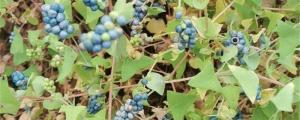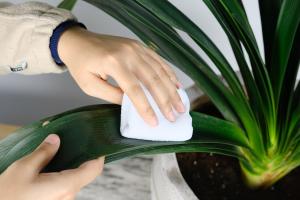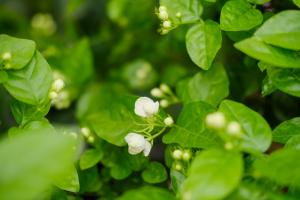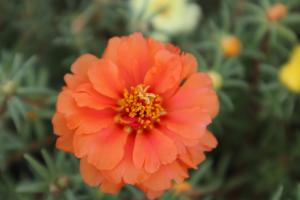Introduction
When it comes to gardening, many people prefer to go the organic route. However, when it comes to saving seeds from your tomato plants, the question arises: do I need an organic tomato plant for viable seeds? In this article, we will explore the answer to this question and provide some tips on saving tomato seeds.
What are organic tomato plants?
Organic tomato plants are grown without the use of synthetic chemicals such as fertilizers and pesticides. Instead, they are grown using natural methods such as composting and crop rotation to maintain soil health. The goal of organic gardening is to create a sustainable and healthy ecosystem for plants to thrive in.
Do I need an organic tomato plant for viable seeds?
The short answer is no, you do not need an organic tomato plant for viable seeds. Tomato seeds are genetically identical regardless of how the plant was grown. So, as long as the tomato plant produced healthy, mature fruit, its seeds will be viable regardless of whether it was grown organically or not.
Tips for saving tomato seeds
Now that we established that the type of plant doesn't matter for viable seeds, let's dive into some tips for saving tomato seeds.
Choose mature, healthy fruit
In order to save viable tomato seeds, it's crucial to choose mature, healthy fruit. This means waiting until the tomato is fully ripe before harvesting it. The seed inside should be fully developed and mature as well. It's best to choose fruit that is free from disease, cracks, and deformities, as this can affect the quality of the seeds.
Ferment the seeds
After selecting the ripe tomato, cut it open and scoop out the seeds into a container. Add some water to the container and let it sit for a few days until it starts to ferment. Fermenting the seeds is important because it helps remove the gel-like coating around the seeds that can prevent them from germinating. Stir the mixture a few times a day to aerate it.
Rinse and dry the seeds
After a few days of fermentation, you should see a layer of mold on the top of the container. This is normal and can be poured off along with the water. Rinse the seeds thoroughly with clean water to remove any remaining gel and debris. Spread the seeds out onto a paper towel or a screen to dry in a warm, well-ventilated area. Be sure to separate the seeds and avoid clumping them together.
Store the seeds
Once the seeds are completely dry, they can be stored in a cool, dry place such as a paper envelope or glass jar. Be sure to label the container with the variety and date of collection. Proper storage can help ensure that the seeds remain viable for several years.
Conclusion
To sum up, the type of tomato plant doesn't matter when it comes to saving viable seeds. As long as the fruits are healthy and mature, the seeds will be viable regardless of whether the plant was grown organically or not. With the right techniques for saving and storing seeds, you can create a self-sufficient garden and enjoy a bountiful harvest year after year.

 how many times do yo...
how many times do yo... how many planted tre...
how many planted tre... how many pine trees ...
how many pine trees ... how many pecan trees...
how many pecan trees... how many plants comp...
how many plants comp... how many plants can ...
how many plants can ... how many plants and ...
how many plants and ... how many pepper plan...
how many pepper plan...































